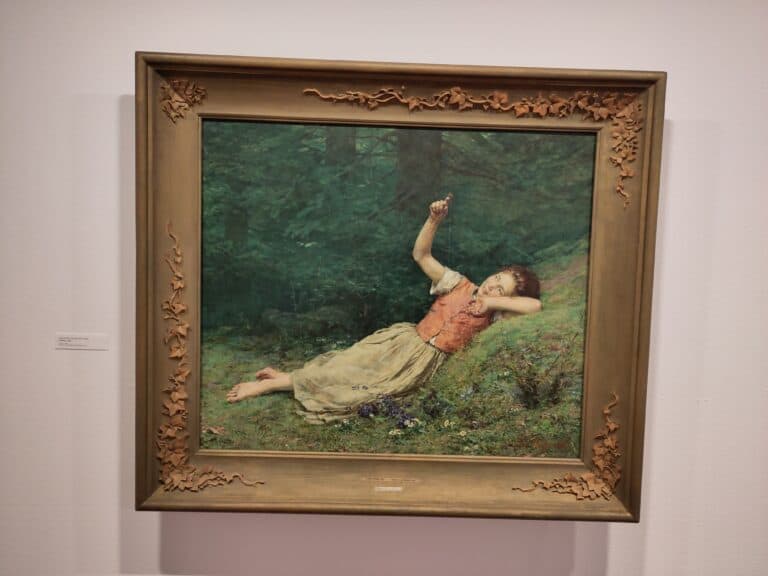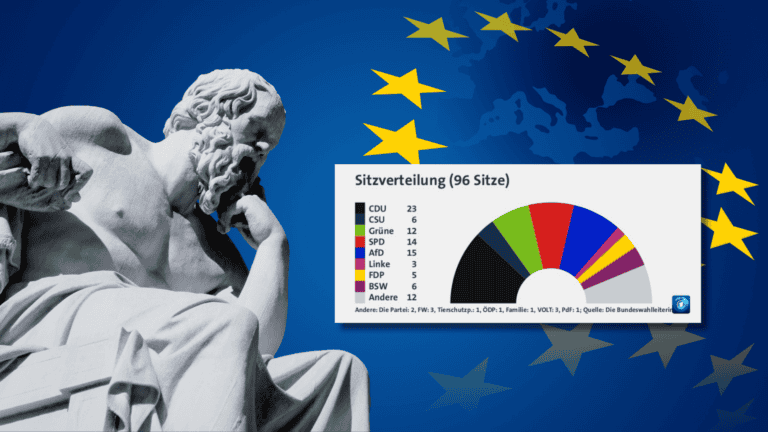Kafka: Are we lost because we are free?
Franz Kafka was born in 1883 in Prague, which was then part of the Austro-Hungarian Empire. Early on, Kafka showed a talent for writing and began composing stories and essays as a teenager. However, he also suffered from a number of health problems, including tuberculosis, which contributed to a sense of isolation and insecurity that was often reflected in his writings.
Kafka's most famous work is probably "The Metamorphosis," which tells the story of a man who wakes up one day to find that he has been transformed into a giant beetle. The story is often seen as a metaphor for the experience of being alienated or excluded from society.
Kafka's quote "I am free and therefore I am lost" comes from a letter he wrote to his friend Max Brod in 1920. In the letter, Kafka says that he feels free to write what he wants, but also feels lost and uncertain about his place in the world.
"I am free and therefore I am lost"
Franz KAfka
But why did he say he was lost because he was free?
It is believed that Kafka felt lost because he was free from the constraints of traditional society. He could write what he wanted, but he did not feel that he belonged anywhere. In a way, Kafka was ahead of his time - today we would call him a "free spirit" or a "bohemian".
Kafka's quote is often seen as a statement about the human condition. We all feel lost and alone at times, but it is our freedom that allows us to express ourselves and find our own way in the world.
As I see it, this quote seems to hide a call for a form of limits that Kafka, as an existentialist, did not see, because in existentialism life is ultimately without meaning. We can give our lives any meaning we want, but in the end it is only our own personal interpretation. So in a sense, Kafka was right: we are all lost because we are free. We are free to make our own choices and give our own meaning to our lives, but that can also lead to a sense of lostness and loneliness.
One thing that should be avoided, however, is turning to some kind of limiting belief in order to feel more secure. Such a way of thinking would take away our freedom, and with it our ability to find our way in life. In existentialist literature, this is usually referred to as "bad faith."
A common example of "bad faith" is Sartre's Waite; a man he observed. Sartre describes a waiter who seems to be pretending to be a waiter. The waiter's movements and conversations are too exaggerated and stiff. Also, he speaks too eagerly to please people. This shows that the waiter is aware that he is not just a waiter, but is deliberately deceiving himself.
You can learn more about Jean-Paul Sartre here
But I believe there is hope, even in the darkest of times. Kafka also wrote "The Trial," a story about a man accused of a crime he did not commit and subjected to a nightmarish legal system. The story is often seen as a symbol of the human condition, but it also has a hopeful message. Kafka's character, Josef K., may be lost and alone, but he never gives up hope and never stops fighting for his innocence. In the end, he may not find the justice he seeks, but he never stops searching for it.
Remember: Existentialism is not a pessimistic school of thought, even though it is often perceived as such. We discuss here why it is not.
Kafka's quote reminds us that even when we feel lost, we are still free. We can choose our own path in life, and even if it is a difficult path, we can find hope and meaning in the journey. We just have to start walking, as Kafka said: „Paths are made by walking.“ (click on the link for the corresponding article).
Do you agree with Kafka? Do you feel lost being free, or do you find hope in your freedom? Let us know in the comments!







